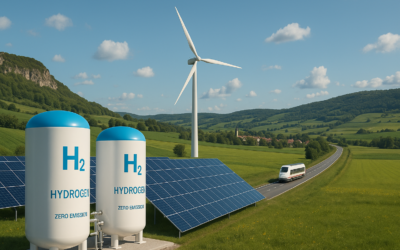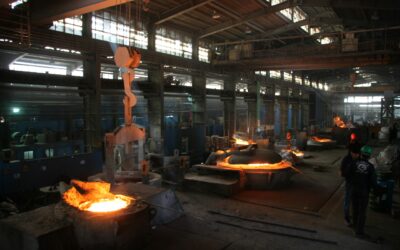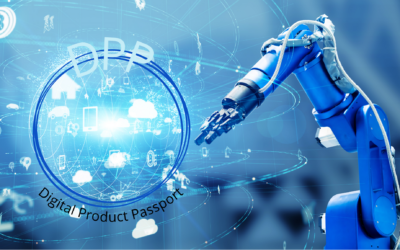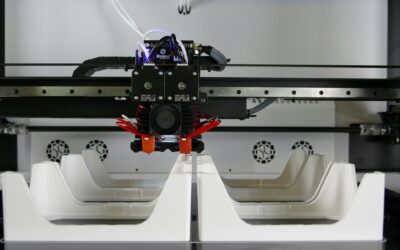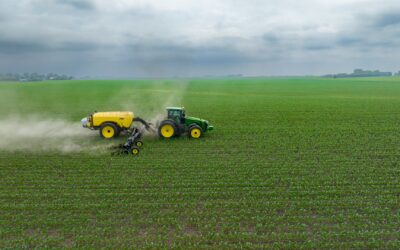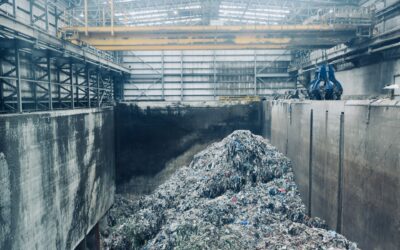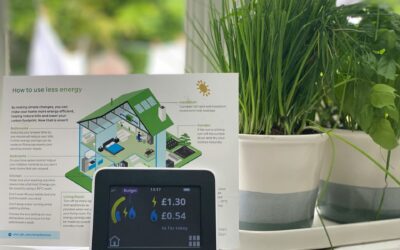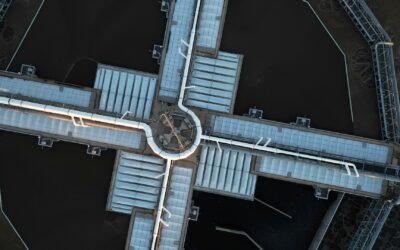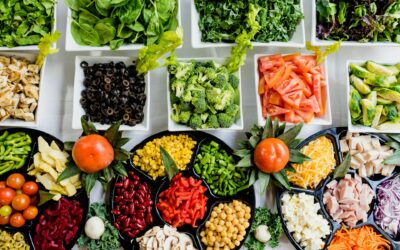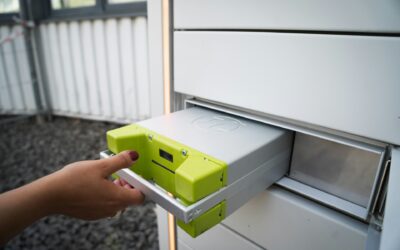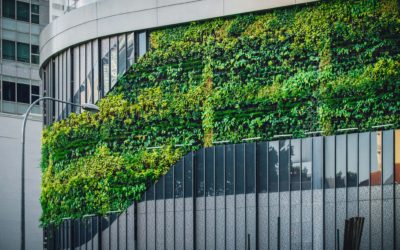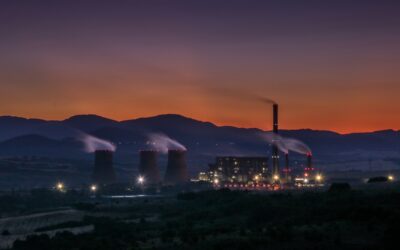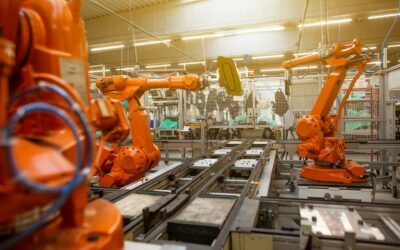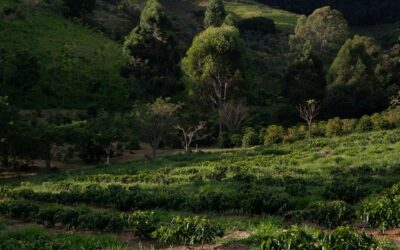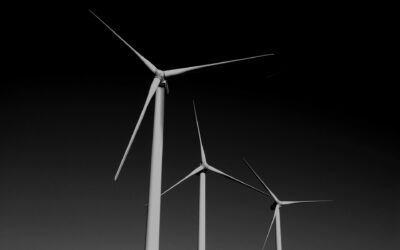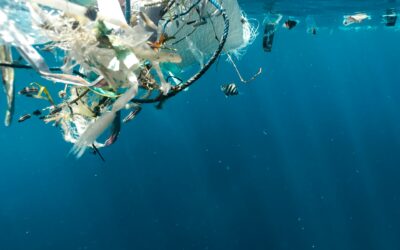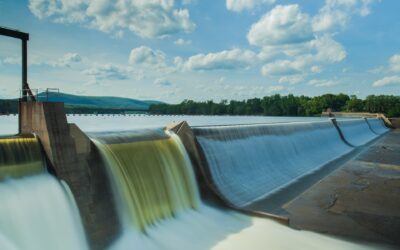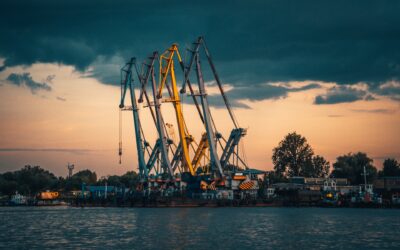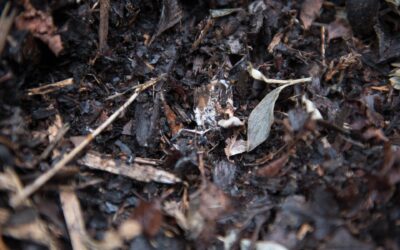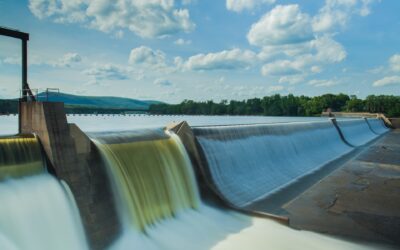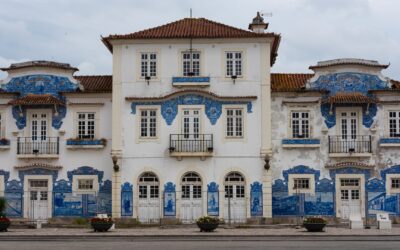CARTIF Projects
Efficient recovery of metals from spent EV batteries
Description
The project focuses on the recovery of critical metals present in the cathode of spent electric vehicle battery cells, through a more environmentally sustainable process, for their future reintroduction into the value chain. These processes are based on hydrometallurgy and direct recycling.
Objectives
-
- Study recycling processes, such as direct recycling and leaching.
- Efficient recovery of critical metals from spent lithium-ion batteries.
- Characterisation of the materials, in order to subsequently determine the efficiency of the applied process.
Expected Results
In the coming years, the number of electric vehicles on the road is expected to increase. Electromobility, whether focused on electric vehicles, scooters, bicycles or scooters, always uses one or more electric motors to propel itself and receives electricity via a grid connection and stores it in batteries. Lithium-ion batteries have been recognised as one of the most practical and commercially viable battery types for electromobility. However, the use of Lithium-Ion batteries involves the use of critical raw materials such as Lithium, Graphite or Cobalt, among others, which results in a value chain dependence on extractive mining and certain mineral sources outside Europe. This is why the European Union is considering strategies to reduce dependence on these metals. In this sense, one of the alternatives is to be able to recover strategic metals from products that have reached the end of their useful life, as could be the case of electric vehicle batteries. Therefore, favouring the development of lithium-ion battery treatment processes that allow circularity to be achieved, i.e., valorising the input flows with a product of global interest for the manufacture of more environmentally sustainable batteries, is one of the most interesting options to consider in order to promote battery recycling processes, and therefore the circularity of the process, at national level, and thus not depend on other mineral sources outside Europe, to obtain raw materials for the manufacture of batteries. At regional level, Castilla y León is one of the Autonomous Communities with the highest vehicle production at national level, being one of the main powers in the automotive sector. It could thus become an ideal geographical area for the installation of plants for the recovery of critical materials from spent lithium-ion batteries from electric vehicles. Today, there is no simple solution for the recycling of spent lithium-ion batteries, as the design of the complex materials is constantly improving. In addition, it is necessary to promote the circular economy in critical raw materials, as discussed above, as their availability is essential for the implementation of the Green Transition.
R&D Line
- Research on metal recovery processes from batteries, brine, electronic and other waste streams and equipment.
,Subvención de Apoyo a la inversión para la mejora de las capacidades científicas y tecnológicas de los Centros Tecnológicos de la Comunidad de Castilla y León (2023)
File: 2023 CCTT 04
![]()
![]()
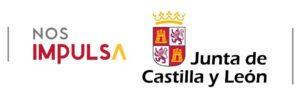
Total Budget: 130,000€
CARTIF Grant: 65.000€
Duration: 02/10/2023 – 31/05/2024
Co-financed with ERDF funds contributing to the Policy Objective “OP1: A more competitive and smarter Europe, promoting innovative and intelligent economic transformation and regional connectivity to information and communication technologies”.
Responsible
Marta Gómez Rincón
Division of Agrifood and Processes
Networking
Other projects:
PROTEIN4IMPACT
PROTEIN4IMPACT assesses the nutritional health, safety, and quality aspects, as well as the environmental and socioeconomic impacts, of novel protein foods derived from unconventional sources.
CYLH2VALLEY
CyLH2Valley aims to develop and demonstrate a large-scale Hydrogen Valley in Castilla y León region, encompassing mobility, industry and energy applications.
PROCTWIN
PROCTWIN aims to develop a demonstration platform to predict and optimise the use of multiple stages in steelmaking.
Bi0SpaCE
bi0SpaCE accelerates the digital and circular transformation of Europe’s bio-based industries through Digital Product Passports (DPP) enhanced with Industry 4.0 technologies.
DIAMETER
In the DIAMETER project, the physical-experimental results of the 3D metal additive manufacturing processes will be contrasted with computational simulations, with the aim of predicting the behaviour of the parts under different modifications of the process.
ENERGYGUARD
The EnergyGuard project will create an innovative test platform for artificial intelligence (AI) in the energy sector, integrating five European test centres with a green HPC infrastructure.
FERTICOVERY
FertiCovery aims to identify and analyze technologies for recycling fertilizers from secondary raw materials, promoting balanced nitrogen and phosphorus flows while enhancing soil health within ecological limits
UNITED CIRCLES
United Circles seeks to transform various types of urban waste into useful resources by applying the concept of industrial-urban symbiosis.
AGRED
AGRED seeks to generate a series of tools aimed at facilitating the management of distribution networks and networks of sensors and equipment related to energy management.
CLIMRES
CLIMRES aims to foster a ‘Leadership for Climate Resilient Buildings’, by addressing the identification and systematic categorisation of buildings’ vulnerabilities and estimating their impact in the buildings’ ecosystem considering the interlinkages within the urban context.
SIRCULAR
SIRCULAR seeks to transform the construction sector into a sustainable, low-carbon industry through decarbonisation strategies. Its main objective is to reduce carbon emissions by minimising reliance on virgin materials and exploring low-carbon alternatives, such as recycled materials.
ICARUS
ICARUS will represent a breakthrough in the research and demonstration of new technologies to upgrade Secondary Raw Materials ensuring similar quality as primary raw materials, of three waste streams to improve circular economy principles in several intensive industries with its implementation in the construction sector
iPhotoCult
iPhotoCult has as objective to design, develop and validate innovative and sustainable photonic solutions for the preservation of Cultural Heritage. These solutions, applicable on remote or in situ, include advance diagosis tools and a platform of services on the cloud that allos the precise monitorization of buildings, monuments and artefacts
META BUILD
METABUILD overall vision is to operationalise energy efficiency first principle in the practical contect of buildings towards the decarbonisation of the EU building stock.
Controlled Environment and Plant Health Pilot (PAC-SAVE)
CARTIF ProjectsPAC-SAVEControlled Environment and Plant Health PilotDescriptionCARTIF's PAC-SAVE project aims to develop a Controlled Environment and Plant Health Pilot to investigate the resilience of crops and forests to climate change. Through advanced technologies...
Waste treatment for energy and material recovery in industrial processes
Increase the extractability of protein sources and other compounds of nutritional interest, naturally present in by-products generated in the transformation processes of the food industry, through the use of “green technologies” of pre-treatment such as extrusion
High-pressure processes for the generation of high value-added products
Increase the extractability of protein sources and other compounds of nutritional interest, naturally present in by-products generated in the transformation processes of the food industry, through the use of “green technologies” of pre-treatment such as extrusion
Advanced technologies for the development and characterisation of 3S food: healthy, sustainable and safe
Increase the extractability of protein sources and other compounds of nutritional interest, naturally present in by-products generated in the transformation processes of the food industry, through the use of “green technologies” of pre-treatment such as extrusion
Lifetime characterisation, safety and recycling processes in batteries
CARTIF Projects Lifetime characterisation, safety and recycling processes in batteriesDescriptionThe general objective of this action is to develop technologies and strategies to improve the characterisation of the useful life of batteries, increase their safety and...
VALORA-0
VALORA-0 is focused on the valorization of waste currents of CAMPOFRÍO FOOD GROUP.
CARNIVAL
CARNIVAL aims to generate new scientific and technological knowledge to create added value for waste and by-products from the meat sector, particularly in the sheep and pig sectors.
SGA2-NZC
NetZeroCities (NZC) project’s main objective is to support cities selected by the European Commission to achieve climate neutrality by 2030, in line with the 100 Climate Neutral and Smart Cities Mission.
THUNDER
THUNDER project aims to overcome existing barriers hampering a wide adoption of DCs waste heat recovery strategies, providing an innovative, efficient and cost attractive Seasonal Thermal storage based on Thermochemical Materials
SCO2OP-TES
SCO2OP-TES focuses on the development of technologies for storing electricity in the form of heat, which is then converted back into electricity (P2H2P – power-to-heat-to-power).
HYDRA
HYDRA focuses on understanding and addressing the potential impact of widespread hydrogen use on climate, environment and society. The project assesses a scenario of high hydrogen penetration in the energy mix.
EMERGE
EMERGE aims to provide African policy makers, academics, investors and citizens with tools and knowledge to increase clean energy and sustainable resource use, reducing cultural and socio-economic gaps.
RURBANIVE
RURBANIVE will establish a novel rural/urban innovation framework, supported by technical and social innovations to enhance territorial governance and existing policy tools.
MOBILITIES FOR EU
MOBILITIES for EU aims to accelerate the transformation of cities towards climate neutrality through innovative solutions in passenger and freight mobility.
PRO-CLIMATE
Support communities to proactively adapt to climate change through social transformation and behavioural change.
PRO-COAST
Stimulate and empower local communities and civil society in general, to support restoration and maintenance of biodiversity and ecosystem services across Europe, and thus to involve them more actively in environmental governance.
Study of the use of alternative protein sources from agro-industrial by-products.
Increase the extractability of protein sources and other compounds of nutritional interest, naturally present in by-products generated in the transformation processes of the food industry, through the use of “green technologies” of pre-treatment such as extrusion
Incorporation of new equipment and processes to improve the advance digital manufacturing laboratory
Acquisition of advanced technological elements to enhance rapid prototyping services, as well as to support specific developments in the challenging processes of creating objects that are not available on the market or are costly to produce in limited quantities.
Agrigenomics and next-generation sequencing technologies
Implement advanced solutions to solve various problems linked to the agro-forestry and food sectors in Castilla y León, such as soil degradation, low agricultural productivity or the incidence of pests and diseases
Study of the mechanical behaviour of recycled composite from the aeronautical industry and wind turbine blades.
Increase knowledge of the mechanical behaviour of recycled materials from the aeronautical industry and wind turbine blades.
PROBIO
The general objective of the PROBIO project is to work on broadening the spectrum of substrates that can be treated in fermentation processes for the production of renewable gases (biohydrogen and biomethane) and biocompounds of interest (volatile fatty acids).
iAMP_Hydro
iAMP-Hydro aims at improving the operation of existing hydropower plants (HPP) through the development of digital solutions which will be integrated into an intelligent Asset Management Platform (iAMP)
INHERIT
The overall vision of INHERIT is to create a systematic methodology, accompanied by leading-edge Information and Communication Technologies (ICTs), such as Internet of Things (IoT), Artificial Intelligence (AI) and (big) data analytics, and associated social/behavioural practices, towards sustainable, inclusive and resource-efficient Cultural Heritage (CH) solutions.
CLEANPORTS
CARTIF Projects CLEANPORTSResearch of intelligent and sustainable nay solutions for the automation of logistics and advanced intermodal processes from por to last mile.DescriptionThe main objective of the project is to improve logistics processes for the complete...
ARISE
The ARISE project envisions a near future which aligns with Industry 5.0, prioritising, resilient, sustainable and human-centric work environments. In such a future, companies recognise that investing in industrial human-robot interaction (HRI) is essential for achieving better short- and long-term goals, rather than a cost.
SGA1-NZC
SGA1-NZC has as an objective give support to 100 cities selected to be intelligent and climate neutral by 2030.
ECOFORES
ECOFORES objective is the development of nerw bioproducts, agroecological processes and new solutions environmentally sustainable, through the application of subproducts conversion technologies.
AIR-COMPOST
AIR-COMPOST general objective is to reduce the odours and Volatile Organic Compounds (VOCs) produced on the process of composting through the addition of microorganisms, additives and other compounds.
D-HYDROFLEX
D-HYFROFLEX seeks research into technological innovations in hydropower plants in search of improved efficiency and sustainability and hydropower competitiveness in modern electricity markets. The project will develop tools for the digital renovation of existing hydroelectric plants based on sensors, digital twins, artificial intelligence, hydrolyser modelling and image processing.
NATMed
NATMed project will develop, implement and validate a joint of innovative nature based solutions (NbS) on existent water infrastructures for improving the management of the water cycle and provide Ecosistemic Services and environmental, social and economic benefits.
ENPOWER
ENPOWER will design, develop and demonstrate SSH-driven methodologies, interactive and closed-loop tools, and data-driven services for energy-activated citizens and energy-secure cross-sector communities towards a citizen-centric energy system.
RURACTIVE
RURACTIVE encourage a just and sustainable transition of rural areas through intelligent solutions, lead by the community, tailor-made, based on the local and inclusive inside the multi-stakeholder rural innovation ecosystems at 12 pilot areas (Dynamos, Ds).
SMARTeeSTORY
SMARTeeSTORY will create an integrated intelligent building automation and control system to monitor and optimise the energy performance of historic non-residential buildings, according to an innovative multi-domain approach (integrating the 9 domains proposed by the ISR methodology).
LIXIV-IA
LIXIV-IA proposes the development of solutions based on artificial intelligence (AI) and big data for the optimisation of the operation of autonomous containerised plants.

